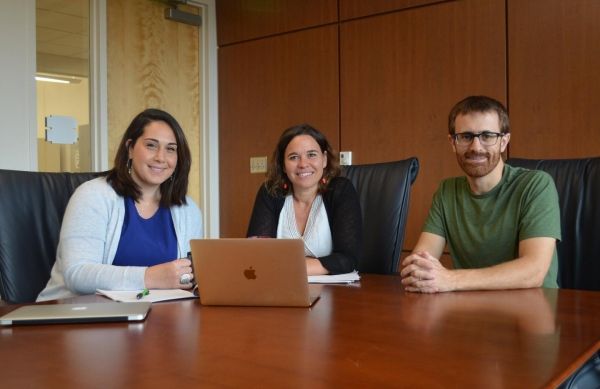Auburn University researchers have published a new hypothesis that could provide the foundation for new scientific studies looking into the association of habitat loss and the global emergence of infectious diseases.
They present their research in the paper, “The Coevolution Effect as a Driver of Spillover,” in the latest issue of the scientific journal, Trends in Parasitology.
“We provide a new perspective about how habitat loss can facilitate the emergence of infectious diseases in humans,” said Sarah Zohdy, assistant professor in the School of Forestry and Wildlife Sciences and the College of Veterinary Medicine, who coauthored the study with Tonia Schwartz and Jamie Oaks, assistant professors in the Department of Biological Sciences in the College of Sciences and Mathematics.
Globally, scientists believe habitat loss is associated with emerging infectious diseases, or EIDs, spreading from wildlife to humans, such as Ebola, West Nile virus, SARS, Marburg virus and others. The Auburn team developed a new hypothesis, the coevolution effect, which is rooted in ecology and evolutionary biology, to explain the underlying mechanisms that drive this association.
Read more at Auburn University
Image: Auburn researchers Sarah Zohdy, Tonia Schwartz and Jamie Oaks have published a new hypothesis, the coevolution effect, that could provide the foundation for new scientific studies looking into the association of habitat loss and the global emergence of infectious diseases. (Credit: Jamie Anderson)


